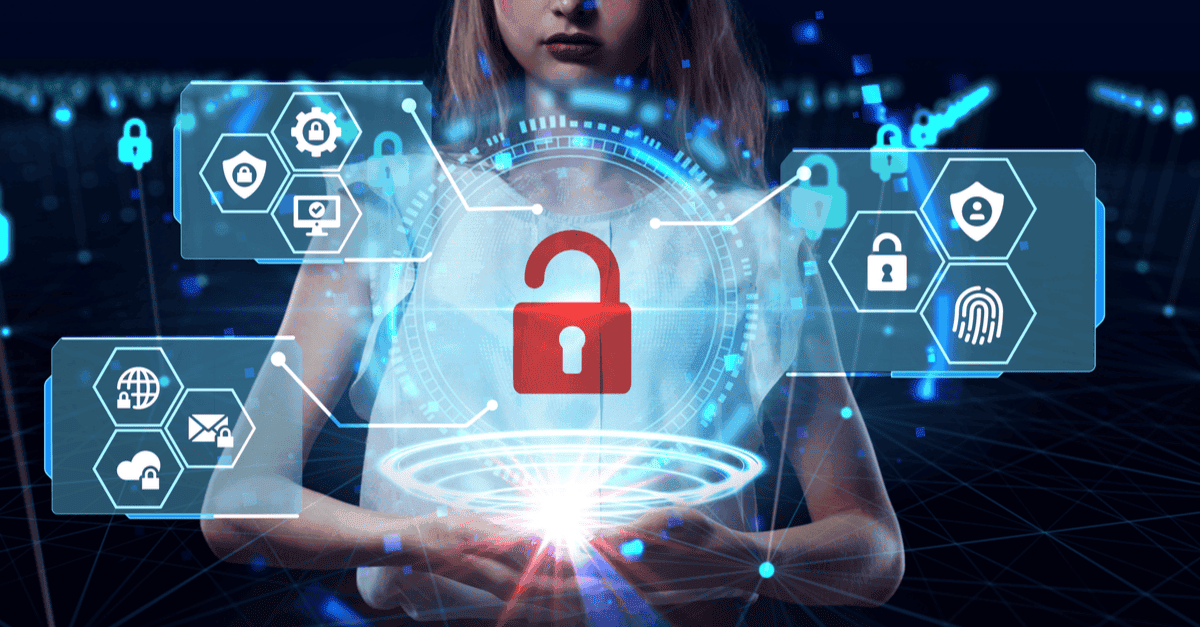What to do if someone targets your child
If the worst happens and someone shares your child’s true name, address or more, there are things you can do:
- Take a screenshot or otherwise record the doxxing post
- Contact the website or app’s customer service agents to see if they can remove the post
- Delete your child’s social media and gaming accounts to protect them where absolutely necessary
- If you think your child is in immediate danger, call the police to find out how they can help
- If you think a law has been broken, call law enforcement to help.
Actions if your child targets someone else
Sometimes children don’t understand the consequences of their actions. As such, they may not understand that putting their friend or other person’s personal information online puts them at risk.
Talk to your child about the dangers of doxxing, not only for their own safety but for the safety of their friends.
If you find out your child has doxxed someone else, go onto their online account and take the post down immediately to protect the safety of whoever it is they doxxed.





